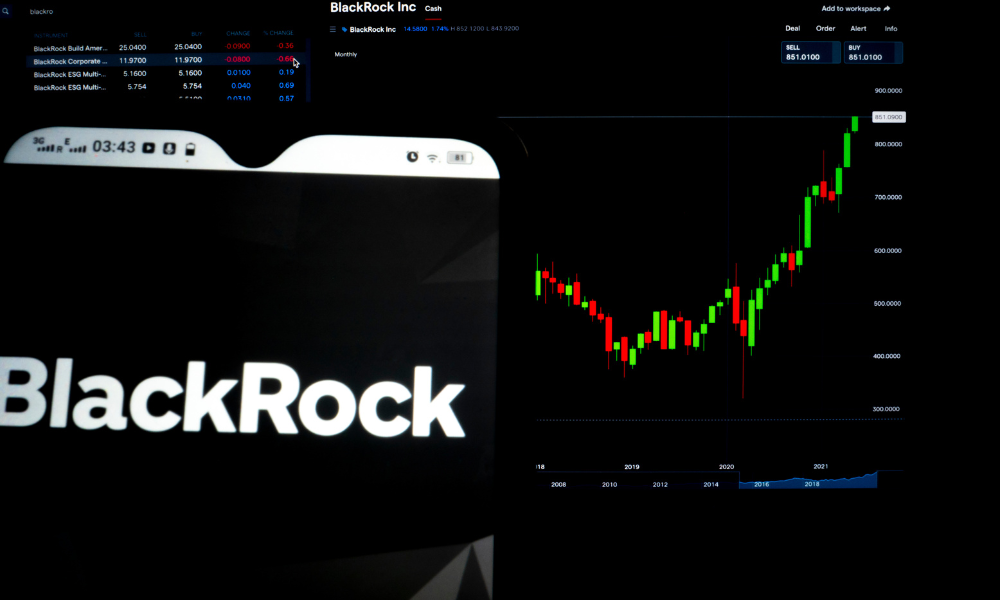

by Silla Brush
BlackRock Inc. has restarted its investment stewardship meetings with companies after a short pause used to assess new Securities and Exchange Commission guidelines about the influence of asset managers when they meet with corporations.
The money manager last week “temporarily paused” the corporate engagements and restarted them this week, the New York-based firm said in a Thursday statement.
“We are complying with the new requirements including by highlighting our role as a ‘passive’ investor at the start of each engagement,” the company, which is the world’s largest asset manager, said in the statement. “BlackRock does not use engagement as a way to control publicly traded companies.”
The SEC, under new leadership since President Donald Trump took office, published guidance placing more onerous regulatory requirements on asset managers that may endeavor to influence the conduct of the companies in which they invest.
Under the SEC’s new policy, investors seeking to influence corporate behavior on issues such as environmental, social or political policies would be treated more akin to activist investors such as hedge funds.
Copyright Bloomberg News

From outstanding individuals to innovative organizations, find out who made the final shortlist for top honors at the IN awards, now in its second year.

Cresset's Susie Cranston is expecting an economic recession, but says her $65 billion RIA sees "great opportunity" to keep investing in a down market.

“There’s a big pull to alternative investments right now because of volatility of the stock market,” Kevin Gannon, CEO of Robert A. Stanger & Co., said.

Sellers shift focus: It's not about succession anymore.

Platform being adopted by independent-minded advisors who see insurance as a core pillar of their business.
RIAs face rising regulatory pressure in 2025. Forward-looking firms are responding with embedded technology, not more paperwork.
As inheritances are set to reshape client portfolios and next-gen heirs demand digital-first experiences, firms are retooling their wealth tech stacks and succession models in real time.
